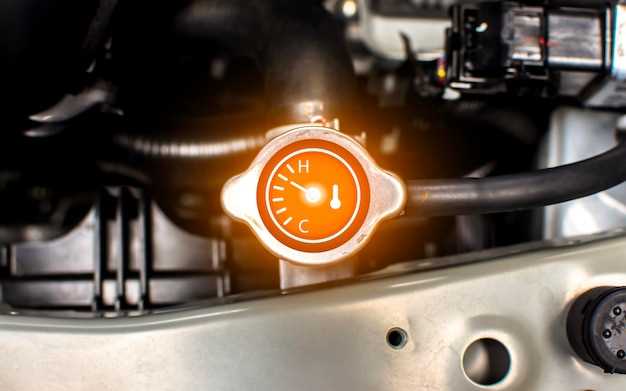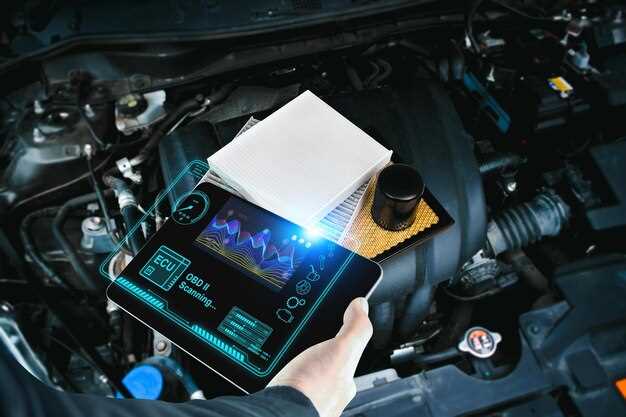
In today’s world, fuel efficiency has become a critical concern for both drivers and the environment. Regular maintenance of your vehicle is not just a means to keep it in good working order; it is also a smart financial decision that can lead to significant savings. Neglecting routine checks and services can result in decreased performance and increased fuel consumption, ultimately costing you more in the long run.
By adhering to a regular maintenance schedule, you ensure that your vehicle runs smoothly, which directly impacts its fuel economy. Simple actions such as changing the oil, rotating the tires, and replacing air filters can substantially enhance your car’s efficiency. When these components function optimally, your engine does not have to work as hard, leading to less fuel being consumed and more savings in your pocket.
Moreover, keeping your vehicle well-maintained can prolong its lifespan and reduce the likelihood of costly repairs down the line. Investing time and resources into regular upkeep is not just about immediate benefits; it is an investment in the future performance and efficiency of your car. In this article, we will explore the various aspects of vehicle maintenance that contribute to improved fuel economy and provide actionable tips for maximizing your savings.
Understanding the Impact of Tire Pressure on Fuel Efficiency

Maintaining the correct tire pressure is crucial for optimal fuel efficiency. When tires are under-inflated, they create increased rolling resistance, which means your vehicle has to work harder to move. This additional effort leads to higher fuel consumption, directly affecting your savings at the pump.
For instance, studies indicate that tires that are only pressures low can reduce fuel economy by up to 3%. This might seem negligible, but over time, those small percentages add up significantly, impacting your overall expenses. Conversely, properly inflated tires ensure that your vehicle runs smoothly and efficiently, maximizing the distance you can travel on a single gallon of fuel.
Moreover, over-inflated tires can also pose problems, leading to uneven wear and reduced traction, which can compromise safety. Therefore, it’s essential to regularly check and adjust tire pressure according to the manufacturer’s recommendations.
In conclusion, maintaining optimal tire pressure not only enhances your vehicle’s safety and performance but also contributes to significant savings in fuel costs. Regular checks can lead to improved fuel efficiency, making it a simple yet effective strategy for any driver looking to reduce expenses.
How Engine Tune-Ups Improve Performance and Cut Costs
Engine tune-ups are essential for maintaining optimal vehicle performance and achieving significant fuel savings. By systematically addressing various engine components, these services enhance efficiency, reduce emissions, and lower overall operating costs.
During a tune-up, critical parts such as spark plugs, air filters, and ignition systems are inspected and replaced if necessary. Replacing worn spark plugs ensures more efficient combustion, which can lead to a noticeable increase in horsepower and fuel efficiency. When the engine operates smoothly, it uses less fuel to produce the same amount of power, resulting in substantial savings at the pump.
Additionally, an engine tune-up includes checking and adjusting the fuel injection system. A well-calibrated fuel injector allows the engine to receive the correct amount of fuel, optimizing combustion and minimizing waste. This precision can directly translate to lower fuel consumption, enhancing overall savings over time.
Another crucial aspect of a tune-up is the inspection of the engine’s emission control systems. Keeping these systems in check not only contributes to a cleaner environment but also ensures the vehicle runs efficiently. Failing emission systems can lead to poor performance and increased fuel use, which adds unnecessary costs.
In conclusion, regular engine tune-ups serve as a proactive strategy to boost performance while cutting costs. By ensuring that all components function harmoniously, drivers can enjoy a smoother ride and more economical fuel usage, making it a wise investment for any vehicle owner.
The Role of Regular Oil Changes in Enhancing Gas Mileage

Regular oil changes are crucial for maintaining the engine’s efficiency, which directly impacts gas mileage. Engine oil lubricates moving parts, reduces friction, and helps dissipate heat. Over time, oil breaks down and loses its effectiveness, leading to increased friction and energy loss, which can decrease fuel efficiency.
Using the correct type of oil, as recommended by the manufacturer, is essential. Synthetic oils often provide superior protection and performance, especially in extreme temperatures. Choosing the right oil can significantly improve engine performance and, consequently, gas mileage.
Dirty or degraded oil can also lead to engine deposits that hamper performance. These deposits can restrict oil flow, resulting in inefficient engine operation. Regular oil changes, as part of a comprehensive tune-up, ensure that the engine operates smoothly, maximizing fuel efficiency and extending engine life.
Additionally, fresh oil promotes better combustion by helping maintain optimal engine temperature. When the engine operates efficiently, it burns fuel more completely, leading to better gas mileage. Therefore, adhering to a regular oil change schedule is not just a maintenance task; it is a critical component in enhancing overall fuel economy.



